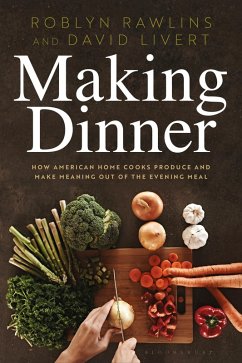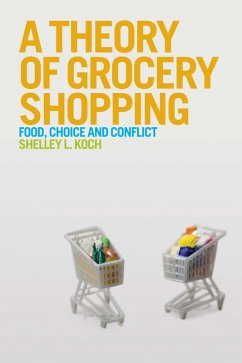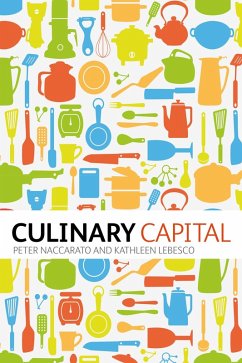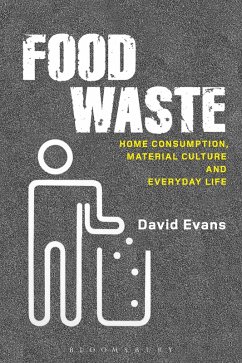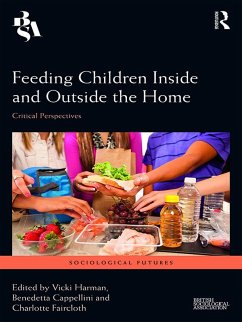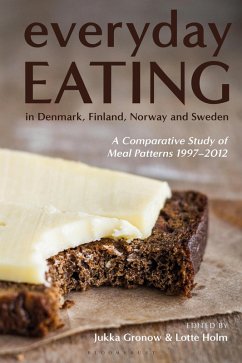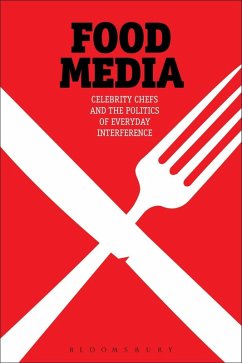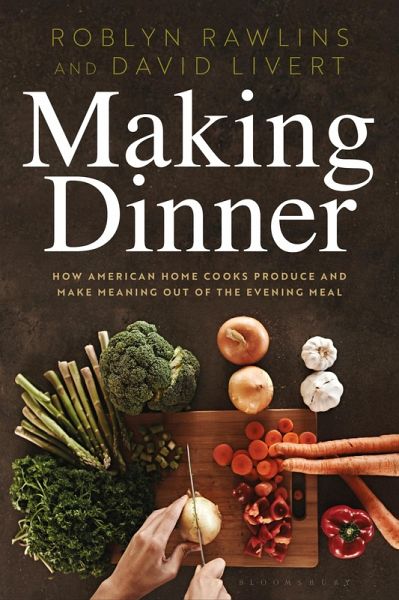
Making Dinner (eBook, ePUB)
How American Home Cooks Produce and Make Meaning Out of the Evening Meal
Versandkostenfrei!
Sofort per Download lieferbar
27,95 €
inkl. MwSt.
Weitere Ausgaben:

PAYBACK Punkte
14 °P sammeln!
With a vast selection of foods and thousands of recipes to choose from, how do home cooks in America decide what to cook - and what does their cooking mean to them? Answering this question, Making Dinner is an empirical study of home cooking in the United States. Drawing on a combination of research methods, which includes in-depth interviews with over 50 cooks and cooking journals documenting over 300 home-cooked dinners, Roblyn Rawlins and David Livert explore how American home cooks think and feel about themselves, food, and cooking. Their findings reveal distinct types of cook-the family-f...
With a vast selection of foods and thousands of recipes to choose from, how do home cooks in America decide what to cook - and what does their cooking mean to them? Answering this question, Making Dinner is an empirical study of home cooking in the United States. Drawing on a combination of research methods, which includes in-depth interviews with over 50 cooks and cooking journals documenting over 300 home-cooked dinners, Roblyn Rawlins and David Livert explore how American home cooks think and feel about themselves, food, and cooking. Their findings reveal distinct types of cook-the family-first cook, the traditional cook, and the keen cook -and demonstrate how personal identities, family relationships, ideologies of gender and parenthood, and structural constraints all influence what ends up on the plate. Rawlins and Livert reveal research that fills the data gap on practices of home cooking in everyday life. This is an important contribution to fields such as food studies, health and nutrition, sociology, social psychology, anthropology, gender studies, and American studies.




